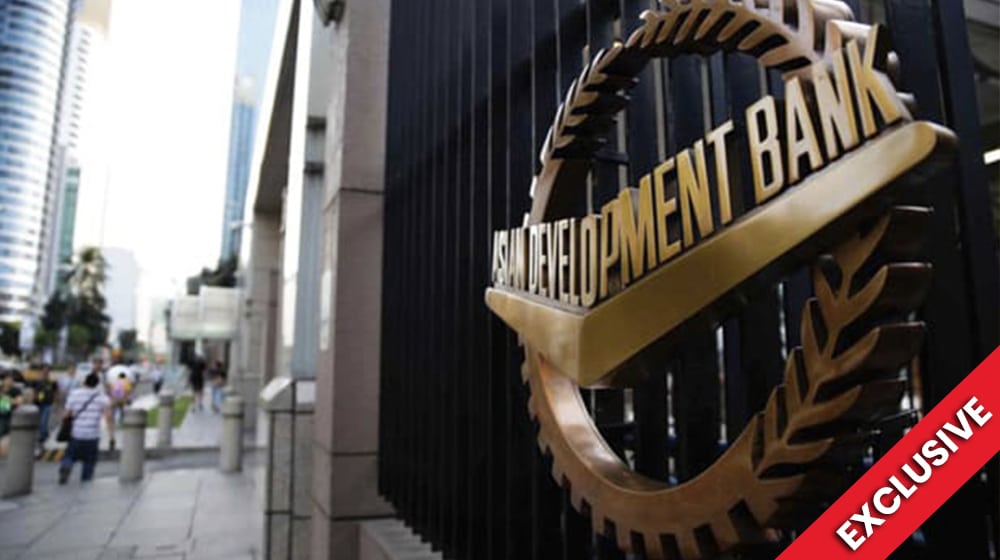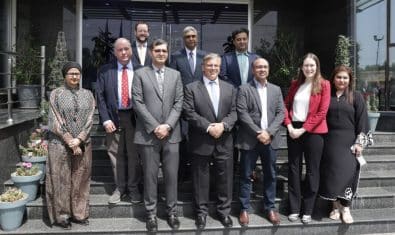The Asian Development Bank, in its economic corridor development (ECD) study, has recommended structural transformation of its economy to relax the balance of payment constraints on growth and sustain the high-growth episodes.
This study proposes a series of horizontal reforms to strengthen the business-conducive environment and activity-based incentives to drive resources into priority areas.
To promote a business-friendly trade environment, the Pakistan government will need to update its investment laws, reduce burdensome regulations, align them with global best practices, and structure the investment policy document accordingly, the study says. It will also need to synchronize its monetary, fiscal, and trade policies, it says further.
Due to the poor quality and quantity of roads, railways, ports, and energy, Pakistan’s share in global trade is declining, and its share of manufacturing in GDP is shrinking. Despite recent infrastructure improvements, Pakistan ranked 122nd out of 160 economies on the World Bank’s Logistics Performance Index in 2018, the study notes.
To reduce the infrastructure gaps, Pakistan can use the ECD strategy to create special economic zones (SEZs) and link them with the China–Pakistan Economic Corridor (CPEC) and the Central Asia Regional Economic Cooperation (CAREC) corridors to foster greater regional and global economic connectivity and improve transportation and logistics services, the study says.
The study says that one of the main reasons for Pakistan’s lag in manufacturing and exports is limited international market access. To improve market access and tap into new markets for manufacturing and export products, Pakistan could expand trade promotion activities such as trade fairs and exhibitions, especially for small- and medium-sized enterprises (SMEs), the study proposes.
Pakistan could advocate a cluster-based marketing strategy to reap economies of scale benefits such as incentives and matching grants to SMEs to conduct international market research and develop marketing strategies, the report says.
It adds that Pakistan should improve compliance with World Trade Organization (WTO) standards and international certification by developing national product standards, enforcing them while ensuring consumer safety; and fully leveraging digital platforms, e-commerce, and information and communication technology to attract large international players.
The study says that Pakistan should identify potential economic sectors that have hidden comparative advantages. It adds that Pakistan should follow a systematic approach that allows countries to locate latent comparative advantage and leverage it to achieve structural change, and select enabling sectors that have high linkage effects, such as ICT, logistics, energy, and construction, and existing export sectors that have high prospects for global growth.






















